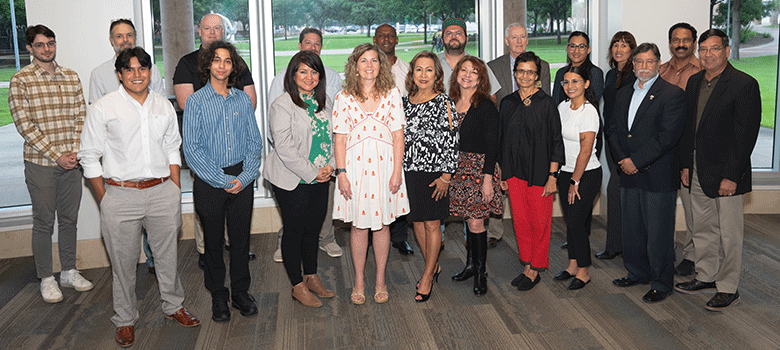Turbocharging Innovation: Katia Shek and the Catalyst Workshop Series at Northwestern
Katia Shek is no stranger to the startup hustle. As a rising senior in Northwestern University’s School of Education and Social Policy, she has already launched multiple ventures during her undergraduate years. However, her entrepreneurial journey has recently taken a significant leap forward, thanks to a new workshop series hosted by The Garage. This initiative has transformed her pace from fast to turbocharged, enabling her to harness the power of artificial intelligence (AI) in ways she never thought possible.
Catalyst: Building with AI
The Catalyst: Building with AI series is a groundbreaking initiative designed to empower students, researchers, and innovators from diverse backgrounds to tap into the potential of AI—no technical experience required. Through hands-on sessions, participants learn to leverage generative and no-code/low-code AI tools, allowing them to prototype faster, market smarter, and build more effectively.
“AI is helping entrepreneurs unlock ideas they may not have had the technical tools to realize before,” says Mike Raab, executive director of The Garage. “When you can show your idea instead of just pitching it, you’re far more likely to inspire action, whether that’s from potential users, funders, or collaborators.”
Breaking Barriers, Building Faster
The Catalyst series debuted this past spring on the Evanston campus, featuring three high-impact workshops focused on bringing ideas to life, developing products, and creating impactful marketing strategies using AI tools like Galileo AI, Bolt, and Midjourney.
Katia Shek attended one of these workshops while developing her latest venture, Lex. This innovative startup combines the intimacy of phone calls with the fluency-building potential of conversational AI to help users learn new languages.
“These AI tools removed barriers I would have spent weeks trying to overcome,” Shek explains. “They allowed a non-technical founder like me to build something real—and fast.” Remarkably, within just 24 hours of attending the workshop, Shek and her six-person team had a working prototype. Lex soon entered private beta, powered by insights gained from the Catalyst series.
From Campus to Clinic: AI Meets Medicine
Following the success on the Evanston campus, The Garage expanded the Catalyst series to the Chicago campus in collaboration with the Institute for AI in Medicine. This special two-part series introduced students, faculty, and medical researchers to AI tools specifically tailored for the life sciences.
Karen Gutzman, a librarian at Northwestern’s Galter Health Sciences Library, attended the sessions with a bold idea: Could AI help uncover patterns buried in thousands of publications from Northwestern Medicine? Armed with the knowledge she gained, Gutzman is now building an AI-enhanced analysis tool using the publication database for the Patient-Reported Outcomes Measurement Core at Feinberg School of Medicine’s Center for Applied Health Research on Aging. If successful, she plans to scale it to Prism, Northwestern Feinberg’s institutional research repository, making it easier for researchers to identify collaborations, funding sources, and population impacts.
“AI gives us a chance to tell a deeper story about the impact of our research,” Gutzman asserts. “It’s not just about discovery; it’s about visibility, collaboration, and reach.”
What’s Next
With over 120 participants across five Catalyst sessions—and growing demand from students, faculty, and staff—The Garage is already planning its next series of workshops for the fall.
“Catalyst is about lowering the bar to innovation,” Raab emphasizes. “You don’t need a computer science degree or years of coding experience. You just need curiosity, a bold idea, and the willingness to experiment.”
As the entrepreneurial landscape continues to evolve, initiatives like the Catalyst workshop series are paving the way for a new generation of innovators. With tools that democratize access to technology, students like Katia Shek are not just dreaming of their ideas; they are bringing them to life, one workshop at a time.
Daniel P. Smith is a freelance writer based in Chicago, dedicated to exploring the intersection of technology, education, and entrepreneurship.



















